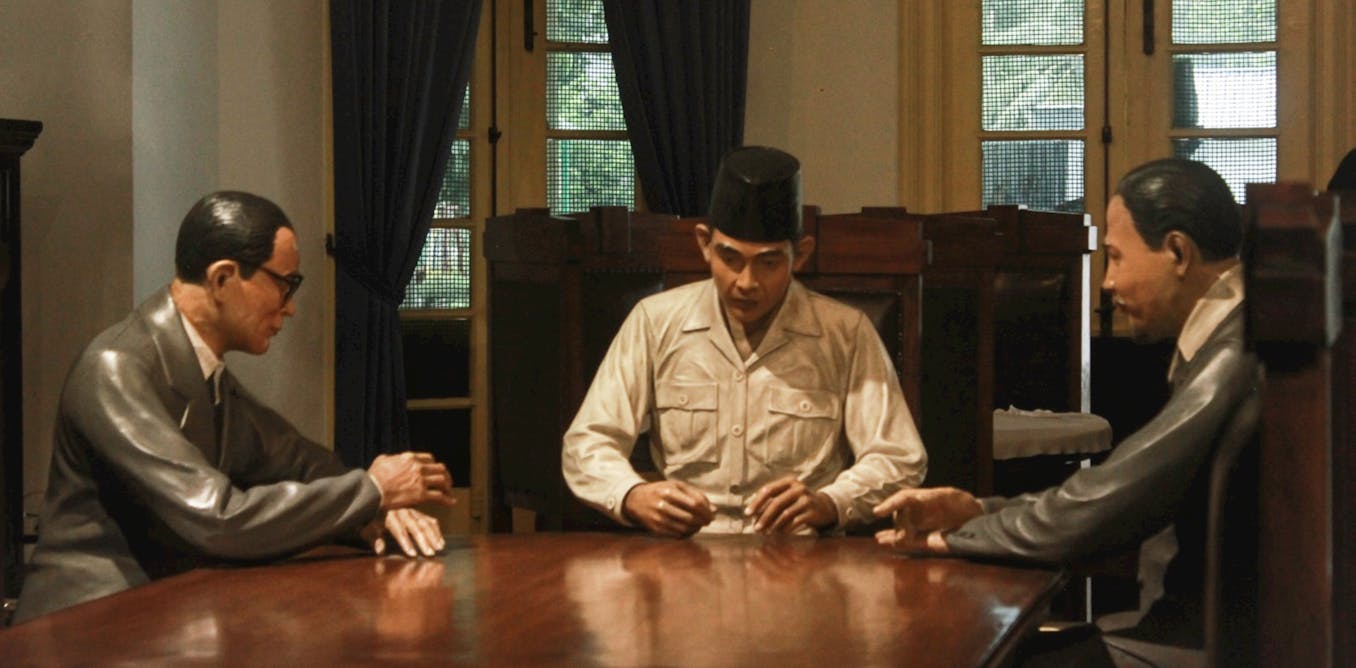Indonesia Rewrites History, Critics Fear Erasure
The fate of Indonesia's history books remains uncertain, with the government planning to use the new volumes as a main source for history taught in schools, and critics fearing that the erasure of past abuses will have far-reaching consequences for the country's understanding of its own history and identity.

Indonesia's plan to rewrite its national history has sparked controversy, with critics arguing that the project overlooks underrepresented groups and reinforces authoritarian tendencies, while also fearing that past human rights abuses, including the 1998 riots targeting ethnic Chinese, will be erased from the new history books.
The project, launched by the Ministry of Education, Culture, Research, and Technology, aims to update the country's mainstream historical narrative by incorporating new data and expanding coverage of historical events and figures. However, historians and critics have expressed concerns that the new volumes will omit "gross human rights violations" acknowledged by former president Joko Widodo in 2023, and that the project is a calculated move to bolster an increasingly authoritarian government.
The project's treatment of historical narratives from regions beyond Java has also been criticized, with accusations that the project's director has marginalized dissenting voices and prioritized a narrow, state-led approach to national history. At least one academic has resigned from the project due to political influence over the text, and activists and opposition lawmakers have called for the suspension or cancellation of the project, accusing the government of warping the past and using the books as "historical propaganda".
The controversy surrounding the project is reminiscent of earlier attempts to produce an official national history in Indonesia, and highlights the need for a more nuanced and inclusive approach to history education. Rather than pushing ahead with an extensive national history rewrite, the government should prioritize fostering diverse local history initiatives that integrate local perspectives and remain connected to national and global narratives.